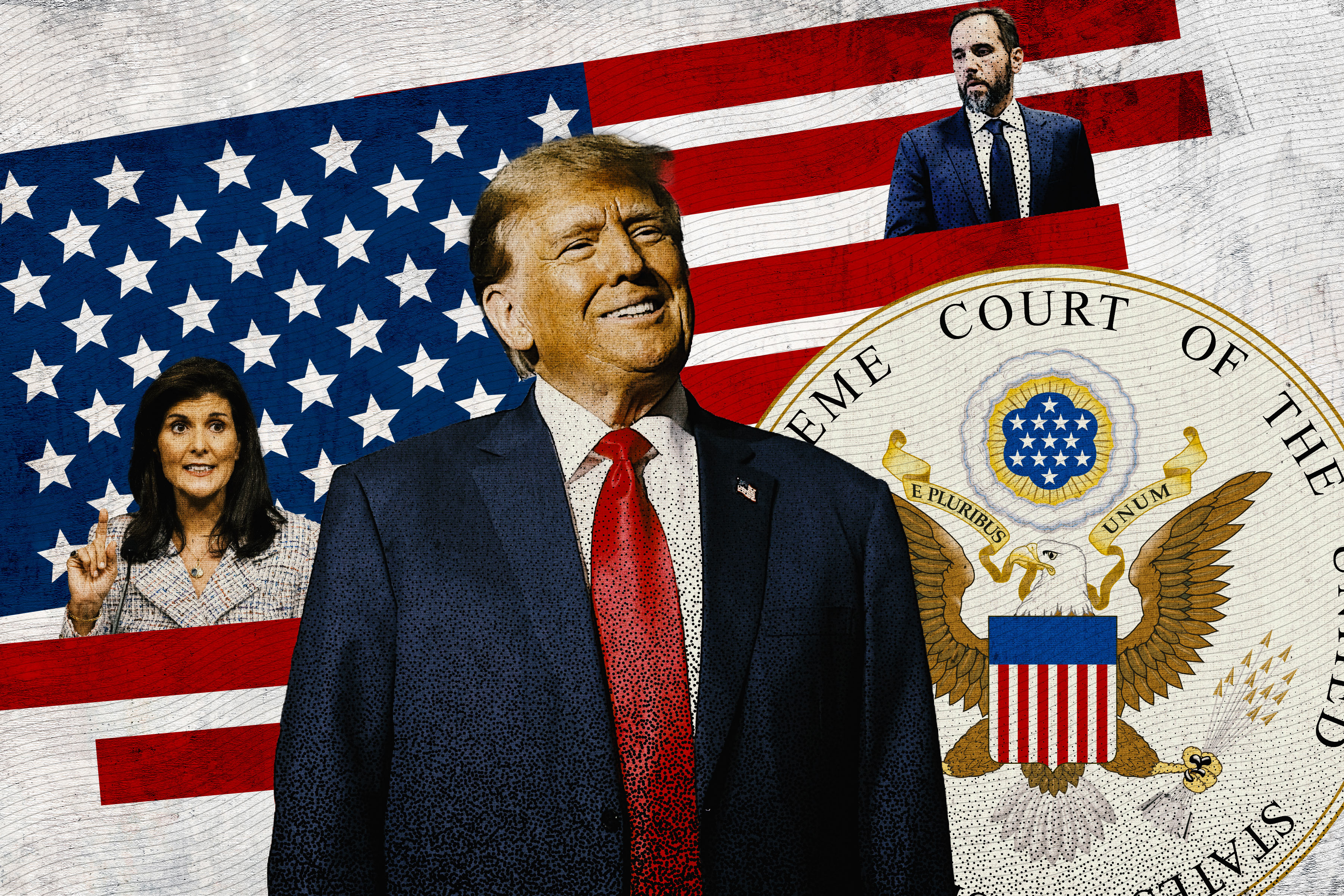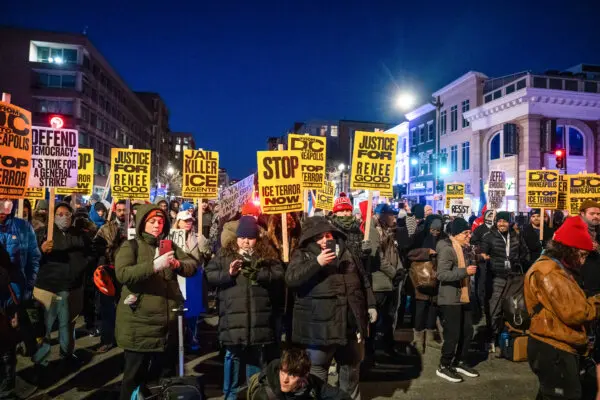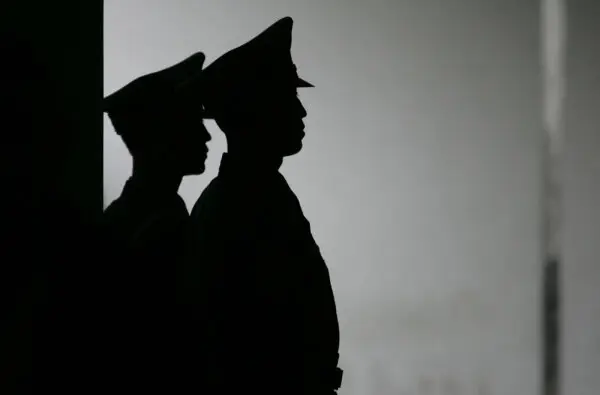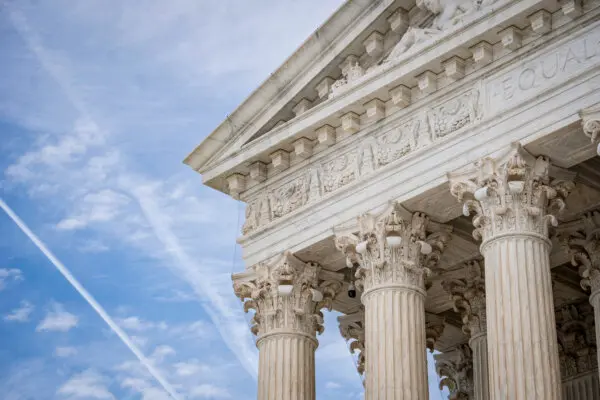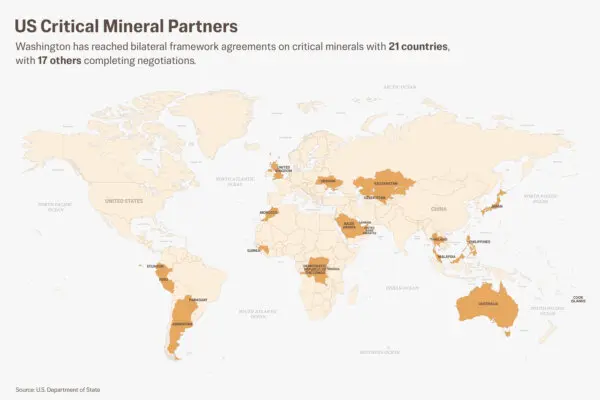Former President Donald Trump is preparing to traverse a rocky campaign trail in February and March as he juggles multiple court battles and relatively untested legal questions that could affect the 2024 race.
Although he’s already won the Iowa caucuses and New Hampshire primary by double-digit margins, several primaries await President Trump in February and March against his only remaining competitor, Nikki Haley, a former South Carolina governor who was Trump’s U.N. ambassador.
